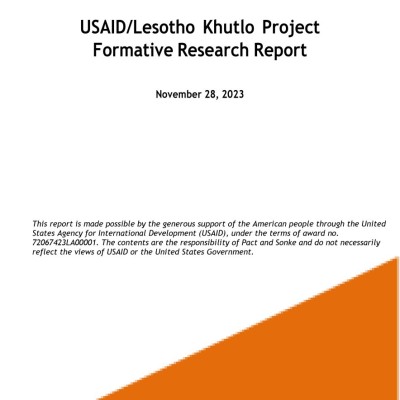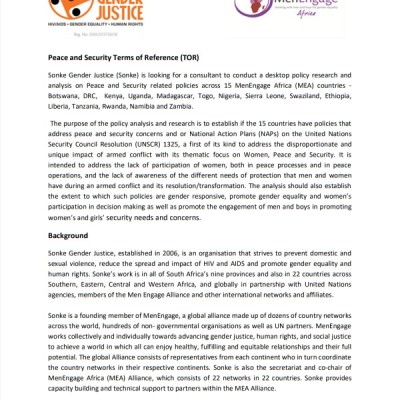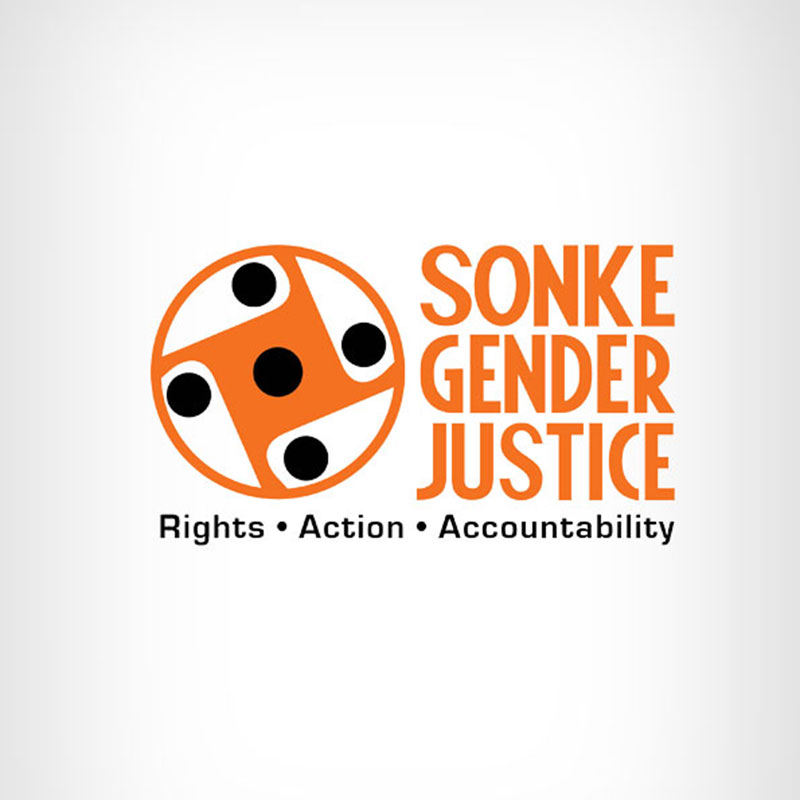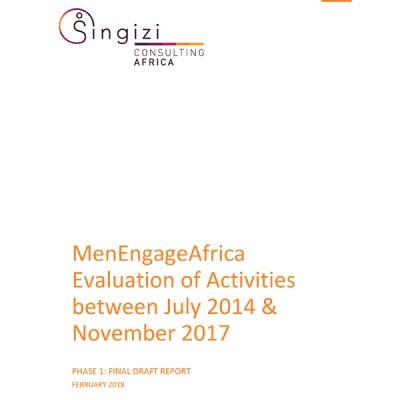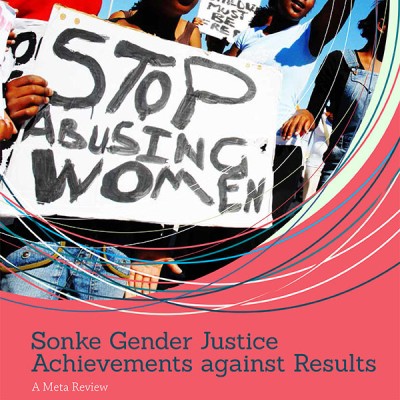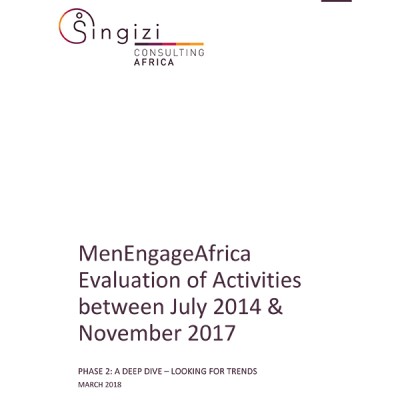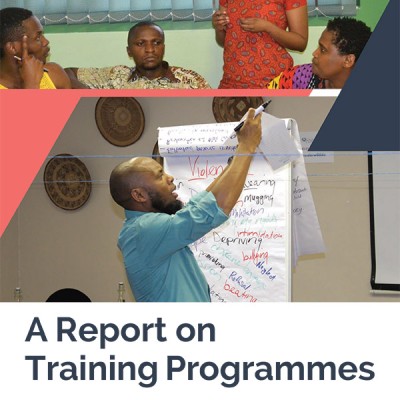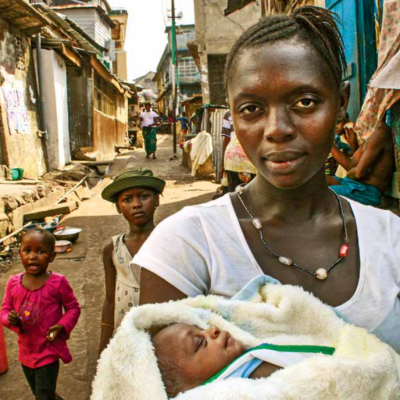Our most recent collaboration with Wits University School of Public Health and the South Africa Medical Research Council was developed to implement the Sonke Change Trial, a three-year intervention supported by the UK Department for International Development’s (DFID) through What Works to Prevent Violence: A Global Programme to Prevent Violence Against Women and Girls.
A study was conducted with 2600 men in Diepsloot, a peri-urban settlement north of Johannesburg to investigate the prevalence and patterns of the use of intimate partner violence, as well as gender attitudes and associated factors.
Baseline and social audit findings were released in November 2017. These findings reveal some of the highest levels of men’s violence against women ever recorded in South Africa. The study finds that the this violence is caused by multiple factors. Most important amongst these are inequitable and harmful gender norms that grant men a sense of permission to use violence against women. This is compounded by widespread trauma and mental health problems amongst many men, a high concentration of alcohol outlets and pervasive binge drinking by men, inadequate criminal justice system responses that do little to deter men’s violence, little use of violence prevention strategies, and an urban environment that contains many risks for women, including poor lighting, toilets and sanitation services far from homes, and narrow roads that restrict police movements.

